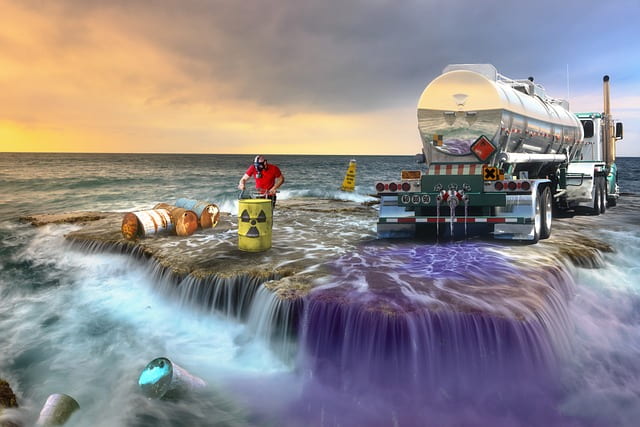In recent years, technology has been a driving force in transforming our world. While it’s easy to focus on the negative impacts, it’s equally important to acknowledge the positive changes it has brought to our environment.
Renewable Energy Revolution
One of the most significant strides technology has made is in renewable energy. Efficiency and cost have increased for hydroelectric power plants, wind turbines, and solar panels. These innovations reduce our reliance on fossil fuels, lowering carbon emissions and mitigating climate change.
Energy-Efficient Buildings
The construction industry has witnessed a revolution in energy-efficient building designs. Smart thermostats, advanced insulation materials, and LED lighting systems have all contributed to reducing energy consumption lowering greenhouse gas emissions and energy bills.
Waste Reduction and Recycling

Technology has streamlined waste management processes. Automated sorting systems, robotics, and AI-powered machinery can more efficiently identify and separate recyclable materials from the waste stream. It leads to less landfill waste and a healthier environment.
Improved Transportation
Thanks to developments in battery technology, electric vehicles (EVs) are growing in popularity. EVs reduce air pollution, as they produce zero tailpipe emissions. Additionally, ride-sharing and autonomous vehicles promise to reduce traffic congestion and fuel consumption.
Precision Agriculture
Technology has revolutionized agriculture through precision farming techniques. GPS-guided tractors and drones help farmers optimize resource usage, reducing water and chemical waste. It ensures both higher crop yields and less environmental impact.
Conservation Efforts
Conservationists and researchers now use technology to monitor wildlife and ecosystems. Satellite tracking, camera traps, and sensor networks provide valuable data for conservation efforts, aiding in protecting endangered species and fragile habitats.
Clean Water Solutions
Water purification technologies have made it possible to provide clean and safe drinking water to more people worldwide.
Innovative filtration and desalination techniques help combat water scarcity and reduce the negative environmental impacts of traditional water treatment methods.
From renewable energy to waste reduction, transportation, agriculture, conservation, and clean water solutions, the positive impacts of technology on the environment are undeniable. As we continue to harness the power of innovation, there is hope for a more sustainable and eco-friendly future. We must learn to adapt and invest in these technological advancements to ensure a healthier planet for future generations.